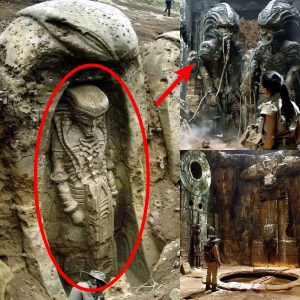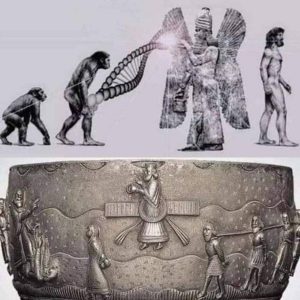The ocean, covering over 70% of our planet, remains one of the least explored frontiers. Beneath its vast surface lie secrets and wonders that have captivated scientists and explorers for centuries. From mysterious creatures to ancient shipwrecks, the deep sea is a realm of unimaginable mysteries. This article delves into some of the most fascinating discoveries and ongoing enigmas that continue to intrigue us.
The ocean depths are home to some of the most bizarre and otherworldly creatures on Earth. These deep-sea inhabitants have adapted to extreme conditions, such as high pressure, complete darkness, and frigid temperatures. Here are a few of these remarkable beings:
- Giant Squid (Architeuthis dux)
Long considered a myth, the giant squid is a real and formidable predator of the deep. These elusive creatures can grow up to 43 feet long and possess eyes the size of dinner plates, allowing them to navigate the dark ocean depths. Sightings and captures of these giants are rare, adding to their mystique.
- Anglerfish
Known for their bioluminescent lure, anglerfish inhabit the dark abyss of the ocean. The females use their glowing “fishing rods” to attract prey, a necessity in the pitch-black environment. The males are significantly smaller and often fuse with the females, essentially becoming parasitic mates.
- Yeti Crab (Kiwa hirsuta)
Discovered near hydrothermal vents in the South Pacific Ocean, the yeti crab is covered in hair-like setae that contain bacteria. These bacteria help the crab detoxify the poisonous minerals emitted by the vents, allowing it to thrive in such a hostile environment.
The ocean’s depths have swallowed countless ships and cities over the millennia, preserving them as time capsules of human history. Some of the most intriguing underwater archaeological finds include:
- The Titanic
Perhaps the most famous shipwreck, the RMS Titanic sank in 1912 after hitting an iceberg. Its remains were discovered in 1985 at a depth of about 12,500 feet. The site has provided a wealth of information about early 20th-century shipbuilding and the tragic voyage.
- The Antikythera Mechanism
Found in a Roman-era shipwreck off the coast of the Greek island Antikythera, this ancient Greek device is considered the world’s first analog computer. It was used to predict astronomical positions and eclipses, showcasing the advanced engineering skills of its creators.
- The Lost City of Heracleion
Once a bustling port city near the mouth of the Nile River, Heracleion sank into the Mediterranean Sea around the 2nd century BC. Rediscovered in 2000, the underwater city has revealed statues, inscriptions, and a wealth of artifacts, providing insights into ancient Egyptian and Greek cultures.







